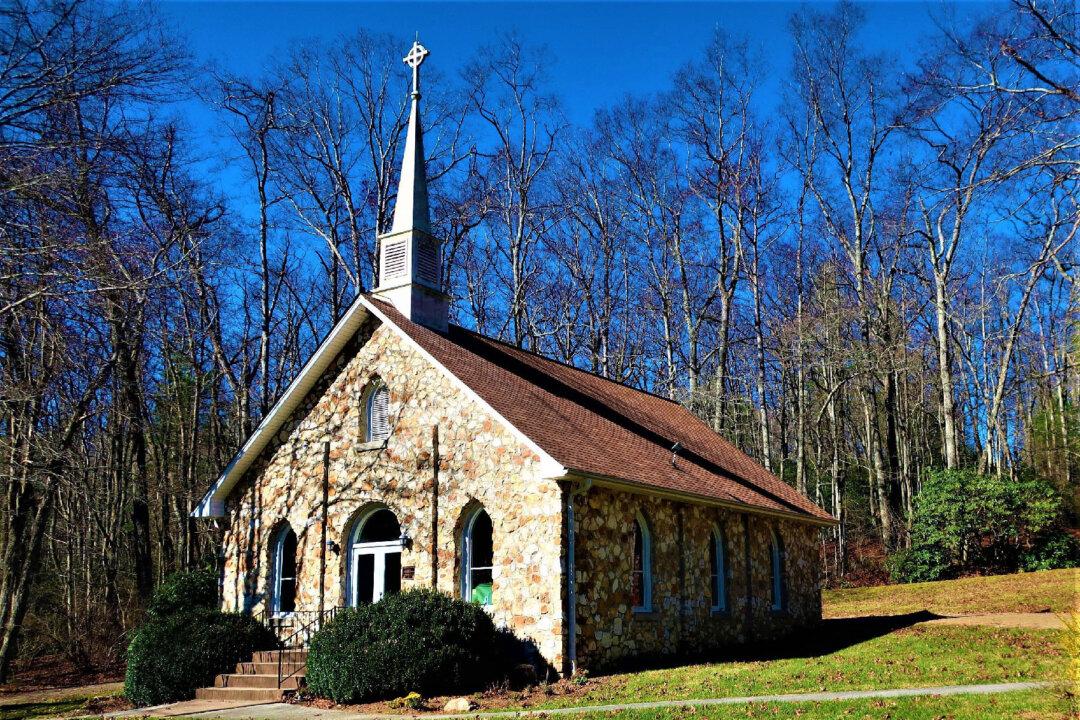A new bill recently signed into law in Virginia will prevent the infringement of religious freedom, like the closure of churches during the COVID lockdowns, from happening again, by tethering places of worship to other “essential businesses.” Under the new law, if businesses like Costco and Target are allowed to remain open, so will places of religious worship.
Governor Glenn Youngkin this week signed HB 2171, preventing future Virginia governors from issuing any emergency orders that shut down places of worship while leaving other businesses open.





